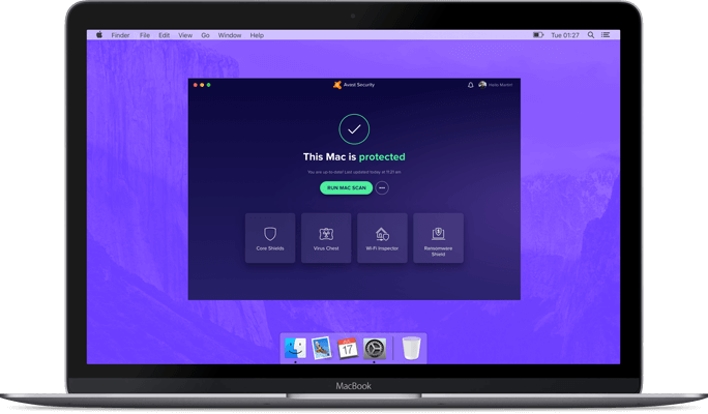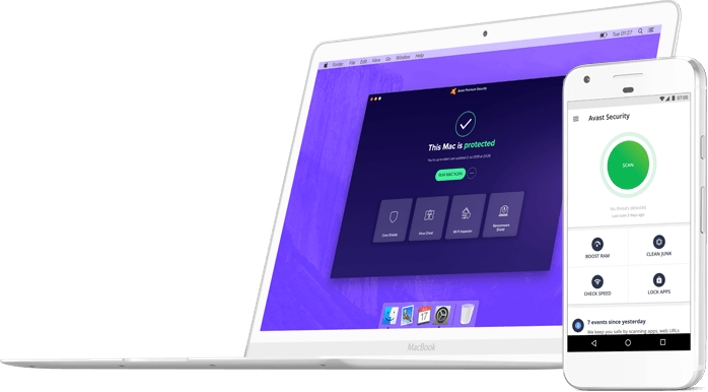Avast Antivirus Accused Of Selling Your Click History, Purchase Details To Third-Parties

At the time, Avast reassured users that their data was "fully de-identified and aggregated" during this process. However, an investigation by Motherboard and PCMag has uncovered that Avast is bending at the truth a bit, as it's relatively easy for marketers to build a profile on individuals, their purchase habits, and their browser click history.
All of this trickery stems from Avast subsidiary Jumpshot, which provides user traffic details that it has obtained from 100 million devices around the globe. Data siphoned from users can be narrowed down to individual clicks timed down to the millisecond, which is then tied to a device ID. That persistent device ID will linger on until the Avast software is uninstalled from a customer’s computer.

While personally identifiable information like a user's IP address, name, and email address aren't assigned to the device ID, the individual time stamp along with the details of items purchased and other important markers could make tracking a person rather trivial.
"Maybe the (Jumpshot) data itself is not identifying people," said privacy researcher Gunes Acar in an interview with PCMag. "Maybe it's just a list of hashed user IDs and some URLs. But it can always be combined with other data from other marketers, other advertisers, who can basically arrive at the real identity."
According to Avast's terms and conditions, user data is held for up to three years. And Jumpshot's "services" that it offers to third-parties includes search data (including keywords), videos that users watch across platforms like Facebook and YouTube, and even an "All Clicks Feed" that includes data on every click performed by a user bundled with a device ID.
For its part, Avast says that this tracking is only attributable to its free antivirus software and adds that users can opt-out of data collection. For Avast users that may have missed this opt-out button previously, you can do so from within the Settings menu within the app.

